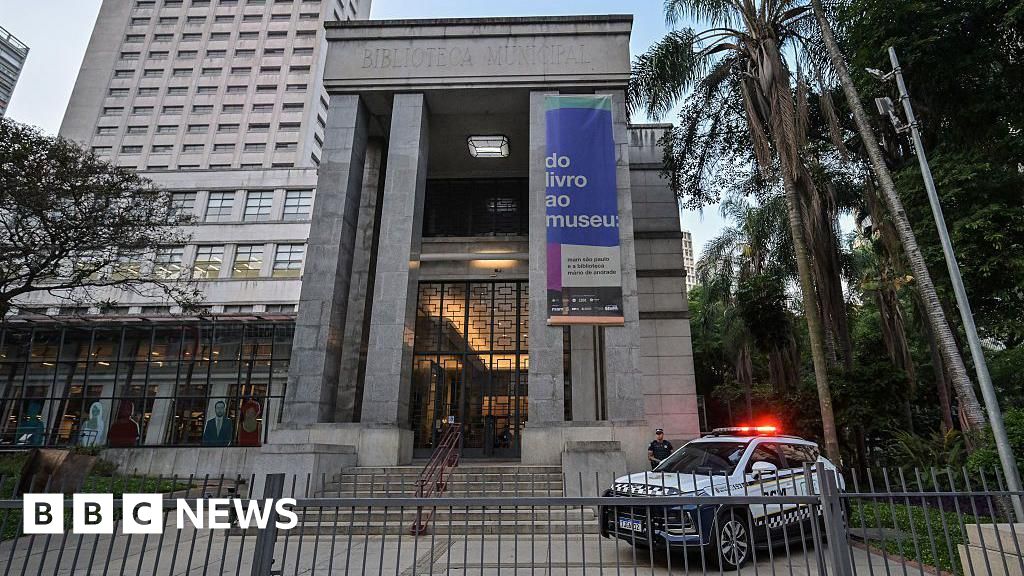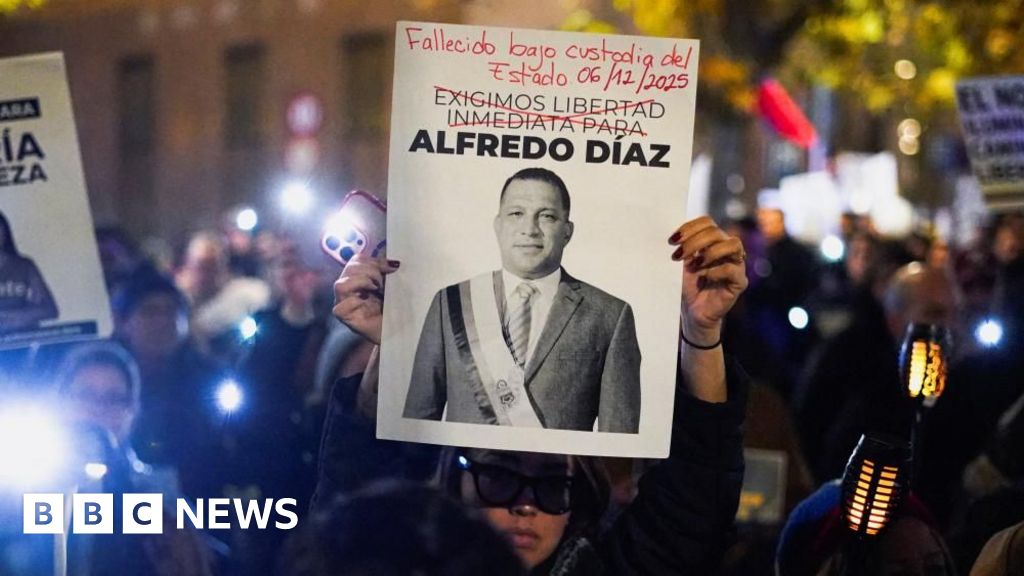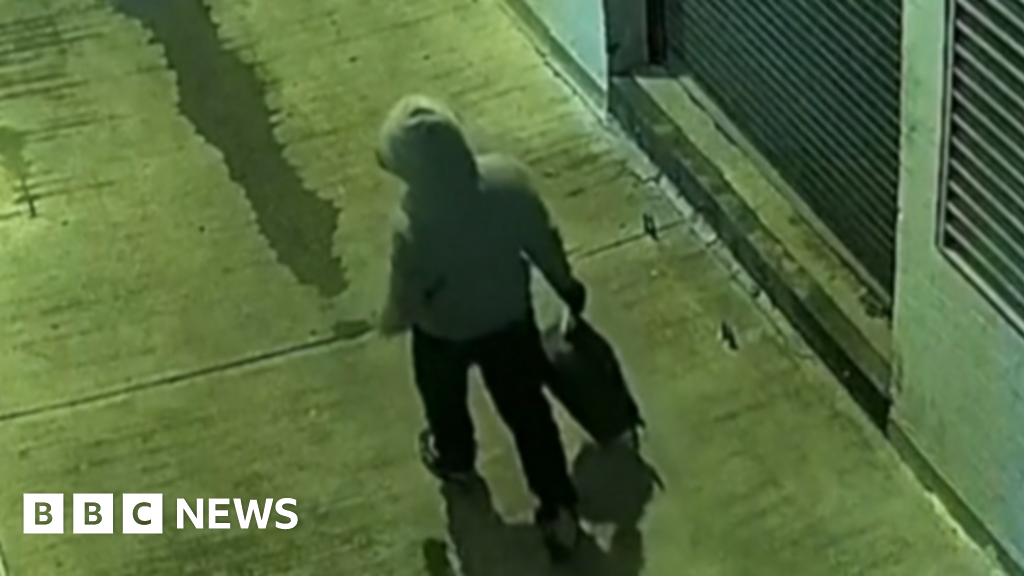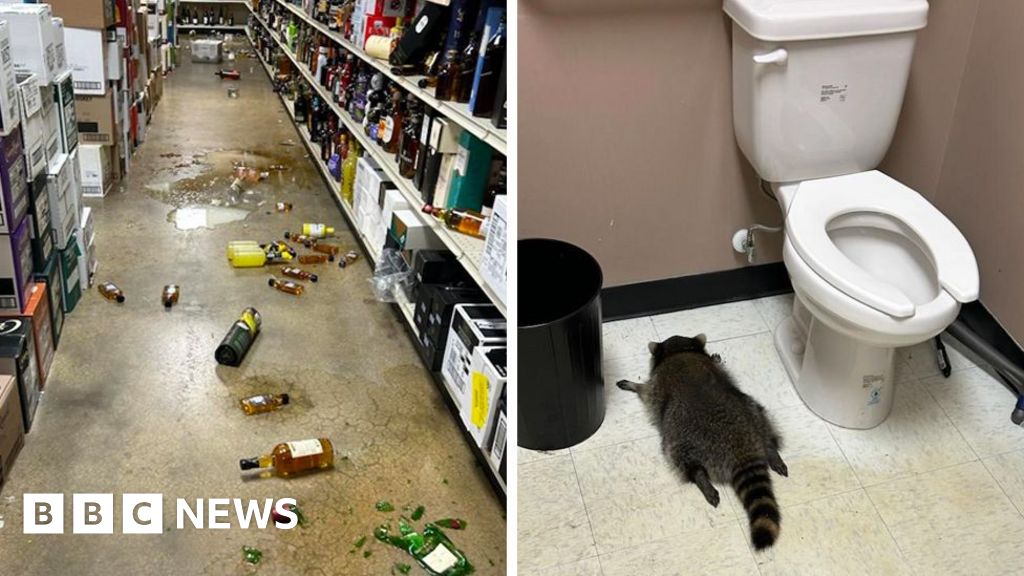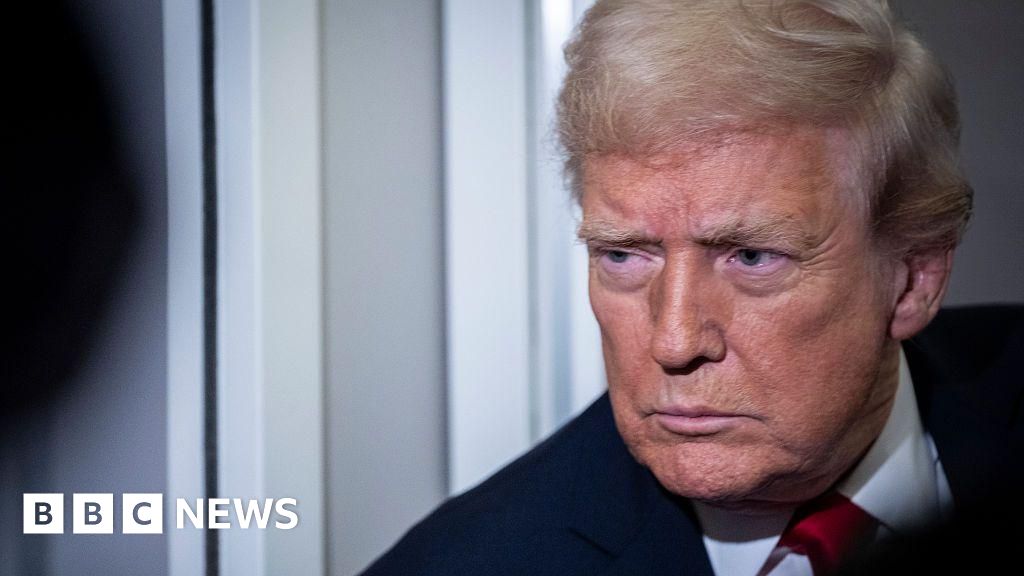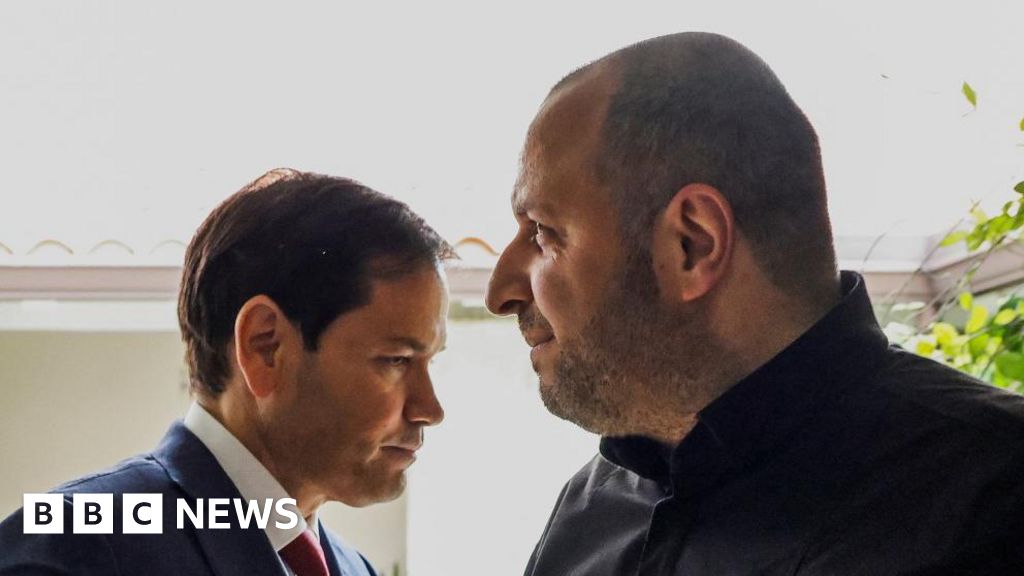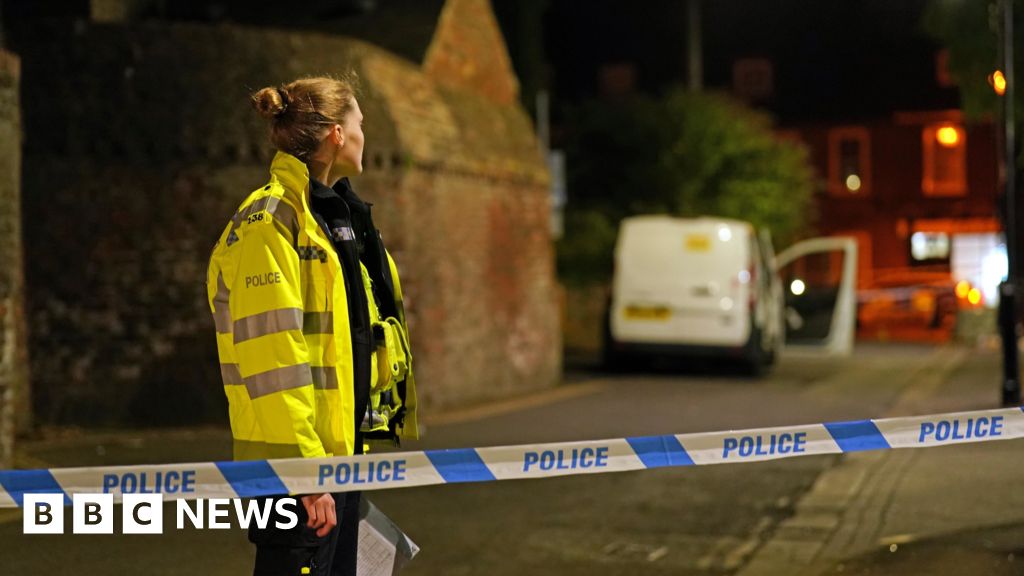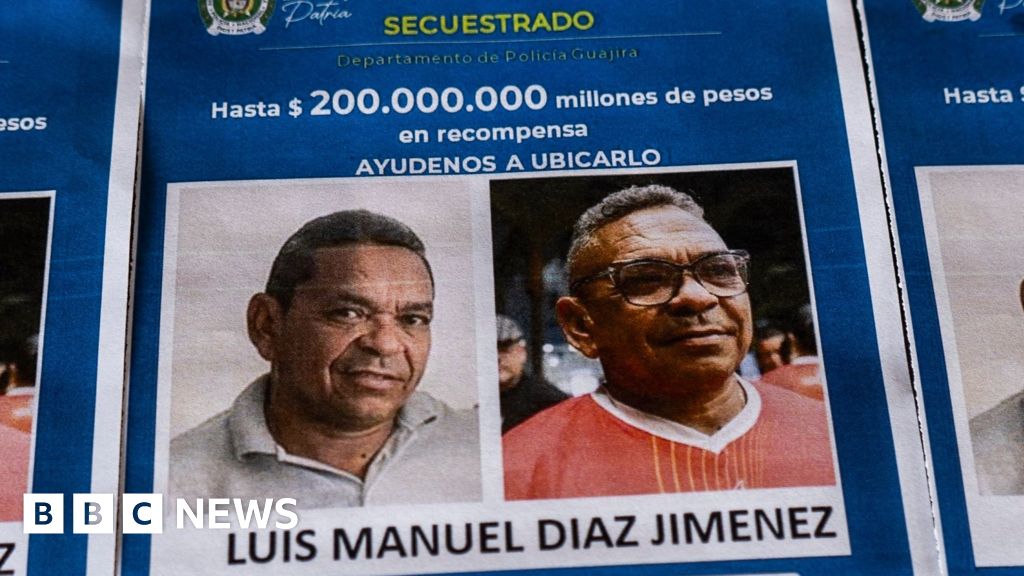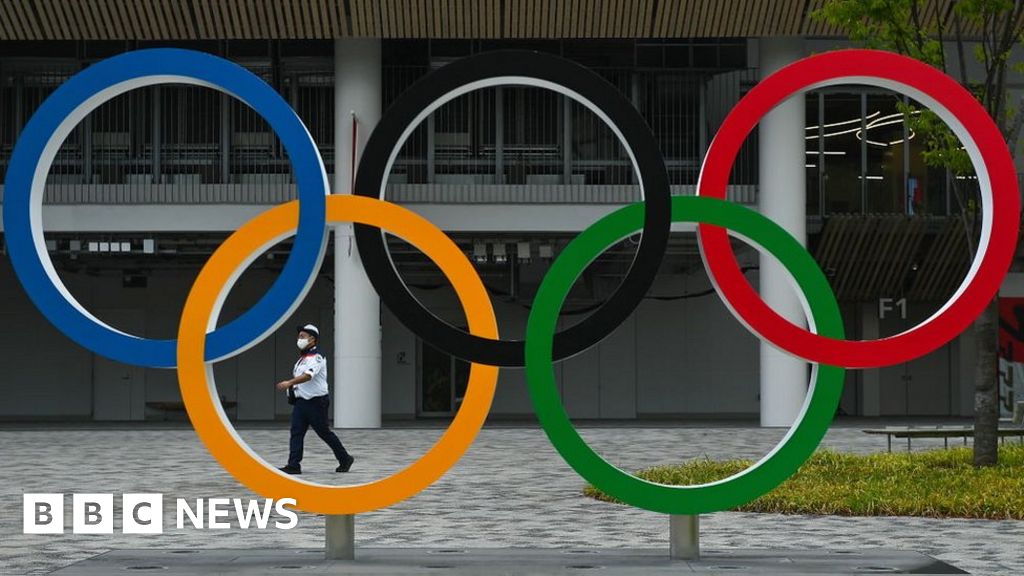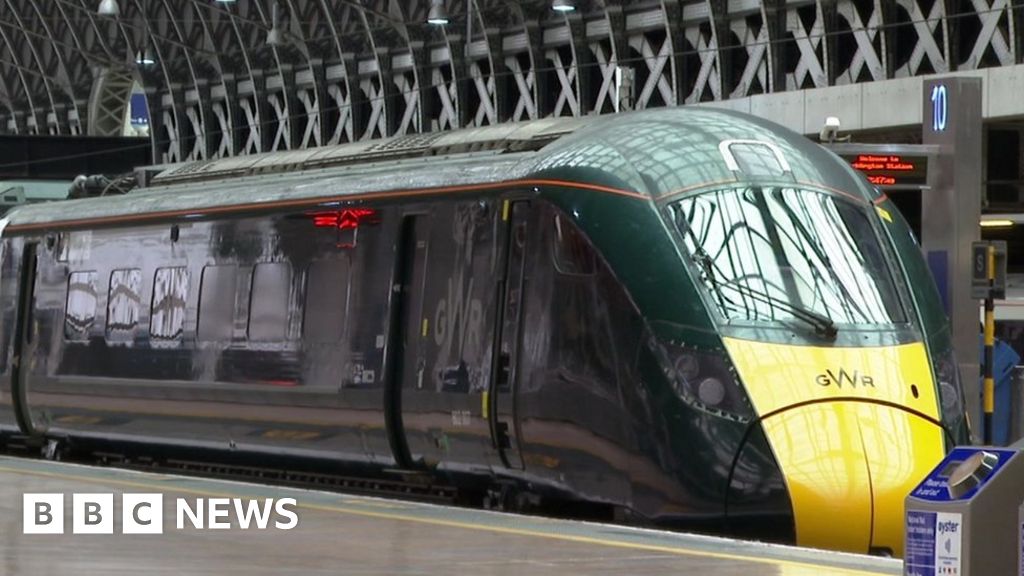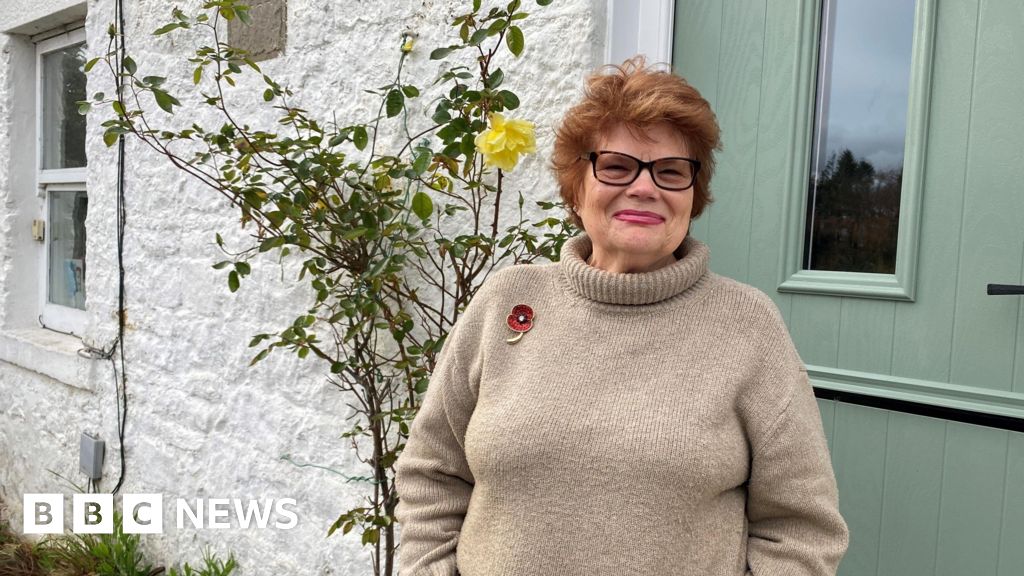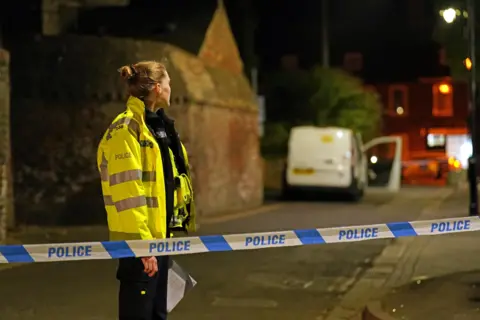 PA Media
PA MediaPolice forces in England and Wales could get up to £17.4bn in funding in 2025-26, an increase of £986.9m, or 3.5%, on the previous year.
However, around a third of the rise will be dependent on police and crime commissioners adding £14 to the council tax of an average band D property.
Home Office Minister Diana Johnson said the provisional settlement “strikes the balance between protecting taxpayers and providing funding for police forces”, in a written statement.
But the Liberal Democrats’ home affairs spokesperson Lisa Smart said the government should be “properly funding the officers our communities need – not passing the buck to local police chiefs to put up people’s council tax instead”.
Andy Cooke, chief inspector of constabulary, said the current police funding formula was “an anachronism”.
“What it results in, because there is such a reliance on council tax now, (is) the richer police forces get richer, the poorer police forces get poorer.
“So those who can’t raise as much on council tax, which is usually but not in totality the inner city areas – Cleveland, Merseyside, Manchester, West Midlands – don’t have that housing stock that pays big money.”
He added that one-year funding settlements made it difficult for police forces to plan ahead.
Setting out further details of the funding plans, the minister said that £230.3m of the additional funding for forces would cover recent pay rises and compensate the police for higher employer taxes, announced in the Budget.
In October, Chancellor Rachel Reeves said that from next April, employers would have to pay national insurance at 15% on salaries above £5,000, rather than the current 13.8% on salaries above £9,100.
The police funding settlement also includes £100m to begin recruiting the 13,000 additional neighbourhood police the Labour government promised to deliver.
The total amount going to policing – including the money for local forces – will be £19.5bn, a real terms increase of 3% on the previous year.
Johnson also said she would change the rules to increase firearms licensing fees, when “parliamentary time allows”. Currently, in order to own a firearm or shotgun, you need to pay a fee to get a firearms certificate.
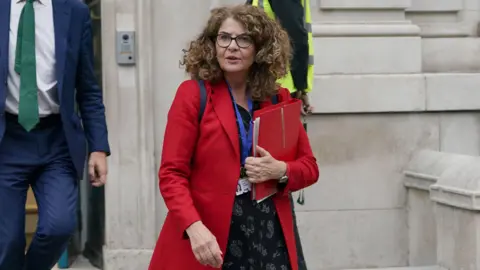 PA Media
PA MediaOf the additional £986.9m going to local police forces, £657.1m is made up of an increase in government grants.
The remaining £329.8m is expected to be raised by council tax increases.
Police and crime commissioners (PCCs) have the power to increase council tax by up to £14 for band D properties – and the equivalent proportional sum for other bands – without triggering a local referendum.
PCCs are elected every four years and represent 39 areas across England and Wales.
Earlier this year, the then-Conservative government increased funding for police forces for 2024-25 by £922.2m, which included council tax rises ministers expected would be implemented by PCCs.
In this time period, PCCs could raise up to £13 from council tax on band D properties without triggering a referendum.
The Home Office had promised to cover the costs; however some police forces have questioned if the funding boost will continue into future years.
Sir Mark Rowley, head of the Metropolitan Police, has warned that 2,300 officers and 400 other staff might have to go in 2025 due to a £450m shortfall in its budget.
Paul Gibson, the chief constable in Lincolnshire, said a 13% increase in the area’s population over the last 20 years had not been matched by an equivalent rise in funding.
He said he would need an extra £57m over the next three and a half years to maintain current operations.
